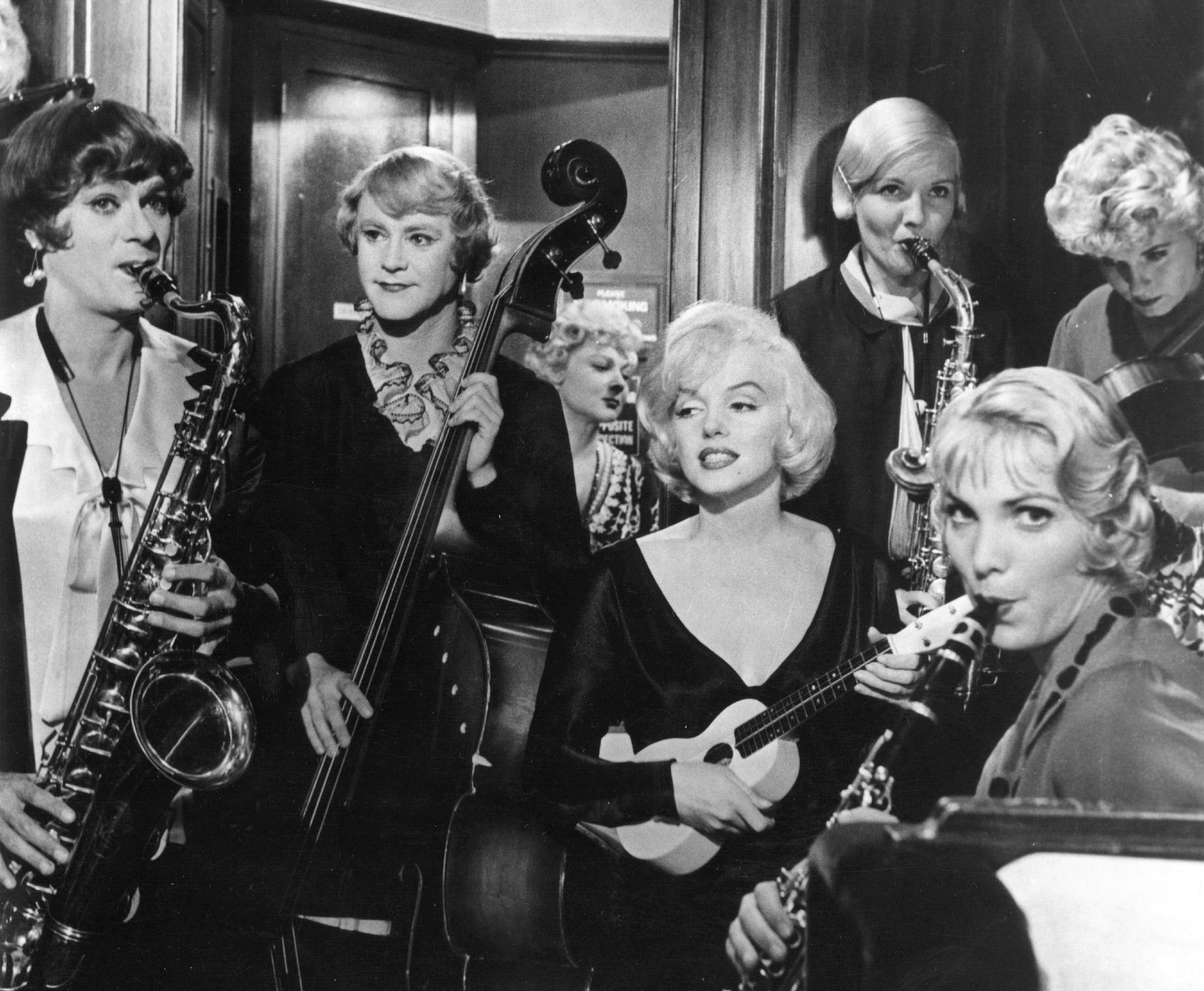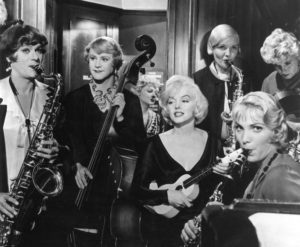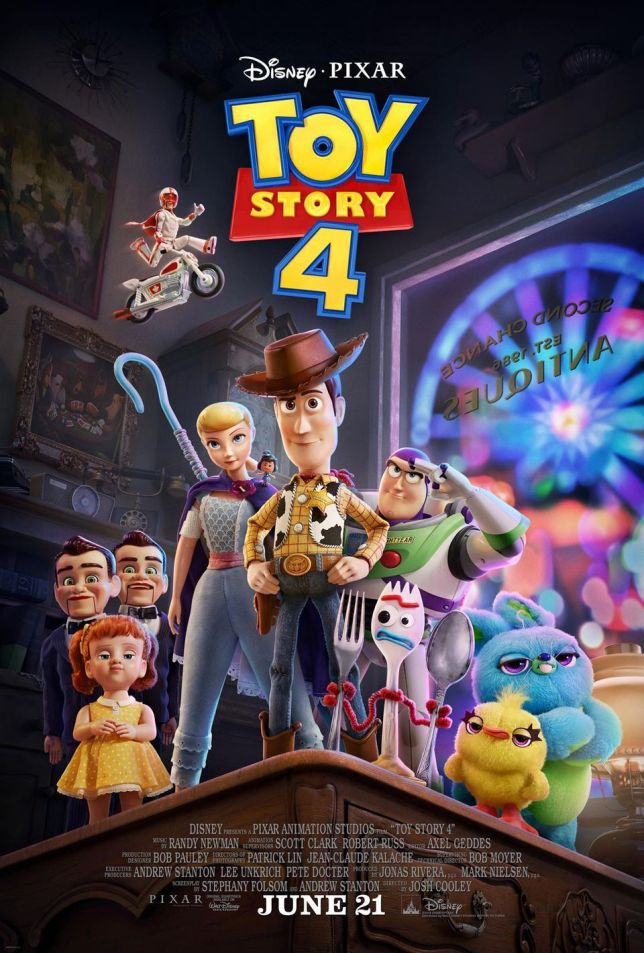Roxana Hadadi on “Michael Clayton”
Posted on July 6, 2020 at 12:36 pm

A hypnotic thriller about a law firm’s “fixer” realizing that the agricultural company he’s defending is involved in a murderous conspiracy, Tony Gilroy’s “Michael Clayton” used George Clooney’s wounded eyes, Tom Wilkinson’s frenzied soliloquies, and Merritt Wever’s soft-spoken melancholy to wonder how much commercial corruption we could fall victim to, and how much blatant immorality we could tolerate. Lauded at the time for its unrelenting tension, its steady pacing, and its sharp script, “Michael Clayton” was a critical darling, topping numerous critics’ best-of lists and netting seven Academy Award nominations, including a win for Tilda Swinton for Best Supporting Actress.
In the years since, though, as various other lauded films from 2007 have been reassessed and reconsidered, “Michael Clayton” has faded from memory. It’s an undeserved dynamic, given that the film has so much to say about how skewed the relationship between American corporations and the people they’re supposed to serve really is—an imbalance that remains as drastic today as it was back in 2007.
The corporate world that “Michael Clayton” depicts is flimsily held together by favors and handshakes, rife with insults and threats. The workers trapped within it are beholden to a class structure that discredits and undermines them, overwhelms them with paranoia, and drowns them in debt. “What kind of people are you?” someone asks Clayton, aghast at the backstabbing and the deceit with which Clayton fills his days. How to fight against that, at the sacrifice of human lives for business interests? By playing dirty.




